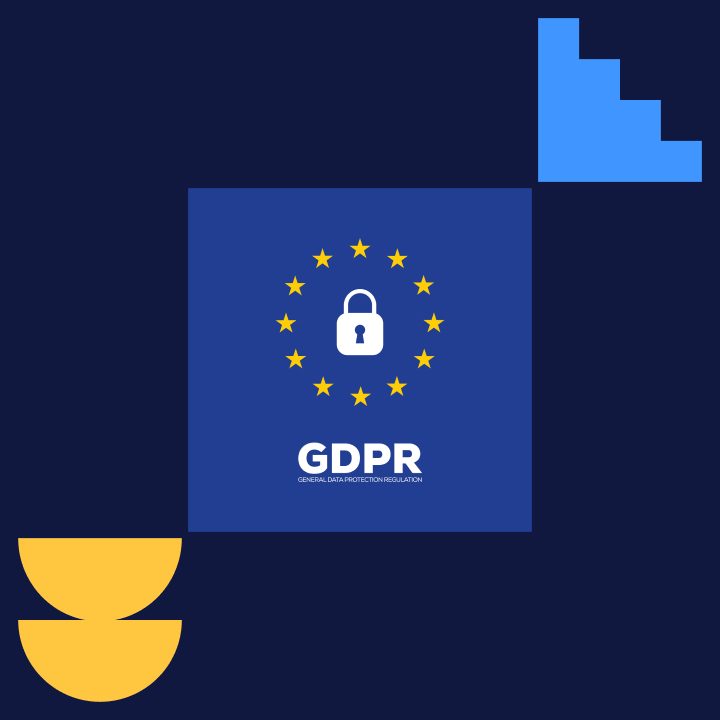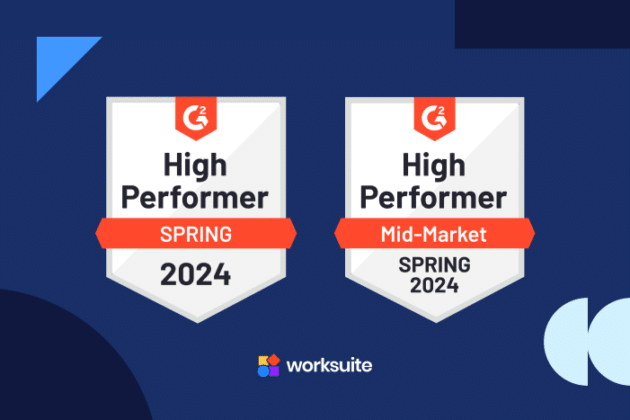
How to stay GDPR compliant when working with freelancers


GDPR has been in effect for a few years now, but there’s still ongoing confusion about the obligations and regulations for companies who hire independent contractors.
Is GDPR applicable to freelancers? How do you ensure you stay compliant? And what are the penalties if you get audited and are found to be in breach of GDPR regulations?
Let’s take a look at your GDPR obligations if your organization works with independent contractors.
What is GDPR?
The General Data Protection Regulation (GDPR) came into effect in 2018. When it was introduced, it was regarded as the most important data regulation law in over 20 years.
GDPR is a set of regulations intended to safeguard personal data for everyone residing in Europe – requiring organizations around the world to be transparent about the specific data they’re collecting online, what they will be using this data for, and who has access to the data.
Anyone in the EU can now choose who they share sensitive personal data with, and how much of it they want to share. This means they have the power to limit, edit, access, and delete any information that they’ve shared with a website or digital platform, at any time.
These privacy laws affect both EU citizens and organizations, and any international business which has EU-based clients, employees, or stakeholders.
Does your organization need to be GDPR compliant?
The short answer is yes – your business must be compliant with GDPR regulations, even if you’re not based in an EU jurisdiction.
When you collect or process personal data from freelancers who are residents of the EU, you need to comply with all of the rules set out in the GDPR legislation.
If you haven’t given much thought to ensuring you’re fully compliant with GDPR, rest assured you’re not alone.
A recent Thomson Reuters report showed that 79% of companies surveyed feel they are failing to meet GDPR’s regulatory requirements, or find it difficult to keep their data up to date – or both.
Nearly half of these companies said they were failing to meet the requirements of GDPR and other data privacy regulations that are now in effect around the world.
Does GDPR apply to freelancers?
GDPR rules will apply to your freelancers, and these rules are applicable to any business who collects, stores, or processes the data of individuals in Europe.
Your organization needs to ensure that all of your freelancer data is GDPR-proof, and treated with the same care and diligence as the data of every other person who works in your company.
As such, you’re obliged to clearly inform your independent contractors about the type of personal data that you’ll collect from them, how it will be used, and why you need it.
Personal data includes any information relating to your freelancers. This includes basic details such as their name and email address, physical address, gender, ethnicity, and website cookie tracking.
You’ll also need to define the legal basis under which you’ll be processing their information (e.g. consent, contract, or legal obligations), and that the information you’re collecting will be kept secure.
In addition, your freelancers should be able to access the personal data they’ve shared with you so they can change or delete it if they wish.
The best way to ensure you keep compliant with GDPR when you’re hiring and managing freelancers is to establish a solid foundation for onboarding workflows and data management.
Building a solid foundation for GDPR compliance
Many organizations that work with independent contractors don’t have a streamlined procedure for freelancer data collection and management. This leads to scattered or incomplete data, and also leaves businesses at risk of data breaches and heavy penalties for non-compliance.
Using a technology platform such as a Freelancer Management System (FMS) can help you organize, store, and manage your freelancer data from one centralized place to avoid potential GDPR problems.
An FMS provides you with a streamlined solution to customize and standardize your onboarding flows. It ensures the data for each of your freelancers is collected, stored, and managed compliantly and securely.
Your FMS will also give you greater control over data security, with user permissions and secure passwords ensuring that only authorized people in your organization can access your freelancers’ personal information.
Managing your freelancers’ data
When it comes to hiring freelancers, no matter if you’re hiring 10 or 10,000 contractors, one of the biggest challenges around compliance will be the ongoing data maintenance.
Many companies are still reliant on emails and spreadsheets to collect and store their freelancers’ personal data, and when manual onboarding processes are added to the mix, this is a recipe for a non-compliance nightmare.
Some companies don’t even have complete records of their freelancer information, and if they do, it is often stored in places where anyone inside the organization can freely access and share it.
If this sounds like your company, these issues need to be urgently addressed to eliminate what could be a serious GDPR risk.
Data management is one of the best reasons for companies to implement an FMS, as it’s one of the most efficient ways to ensure that:
- Your freelancer data is stored in a centralized place
- All freelancer personal documentation is complete and and up-to-date
- All tax and legal documentation is complete
- Freelancers can update their own personal information when necessary
- Data is secure and only able to be accessed by specific people
If you use a robust FMS like Worksuite, your organization will have total peace of mind that you’re always on the right side of GDPR regulations when it comes to managing freelancer data.
Worksuite has data privacy and security built into its framework, ensuring you’re protected under GDPR, the California Consumer Privacy Act (CCPA), and other common standards and guidelines such as SOC2.
What happens if your organization isn’t GDPR compliant?
GDPR is one of the strictest laws in the world when it comes to data protection – and the penalties for non-compliance are steep.
Companies who are found to be in breach of the regulations can face a fine of up to €20 million (USD $22.8 million), or 4 percent of their global revenue for the past year – whichever is higher. They will also be liable to pay compensation for damages.
EU authorities are proactive when it comes to auditing organizations and issuing GDPR fines. Since 2018, they have issued over $1.2 billion in fines to companies of all sizes.
The highest penalties to date have been issued to Amazon, who was fined €746 million, and WhatsApp, who was fined €225 million. Both of these companies are appealing the decision.
In summary
If you’re hiring freelancers and you haven’t given much thought to your GDPR responsibilities – now is the time to get some solid foundations in place to ensure you stay on the right side of the regulations.
Auditing your current freelancer onboarding and management systems can help you pinpoint where you might be at risk of non-compliance. If your processes are scattered or incomplete, it might be time to consider implementing a more robust and risk-proof solution.
Using a Freelancer Management System like Worksuite can give your organization total peace of mind that your freelancers’ data is accurate and secure.
And for your freelancers, having data protection policies in place shows them that you’re a transparent and ethical company to work for, which means you’re more likely to attract and keep the best possible talent.






